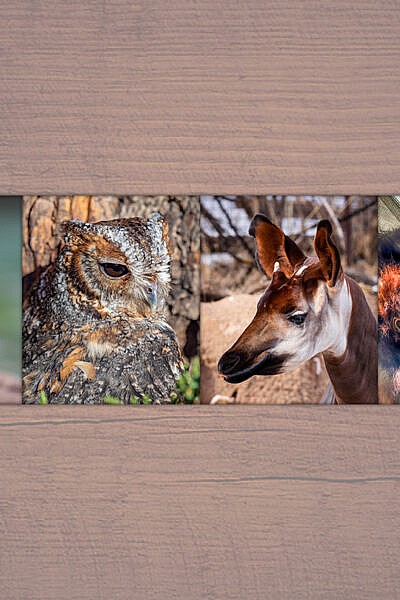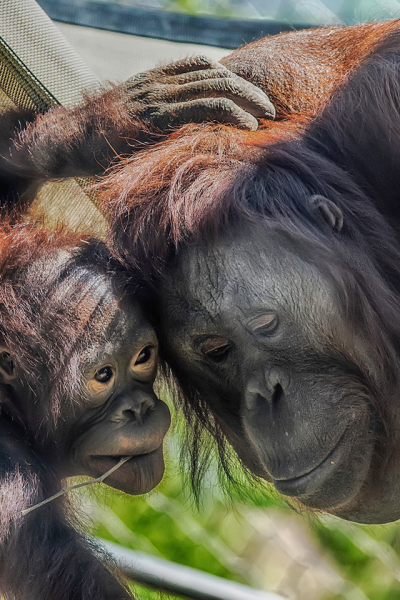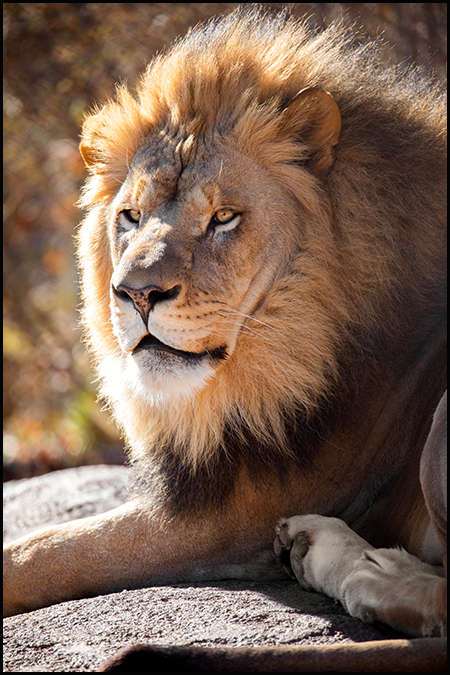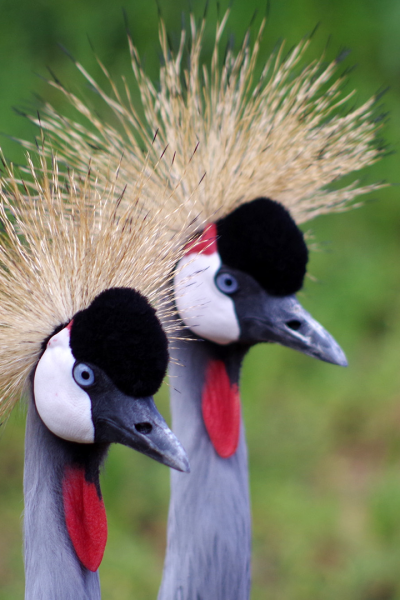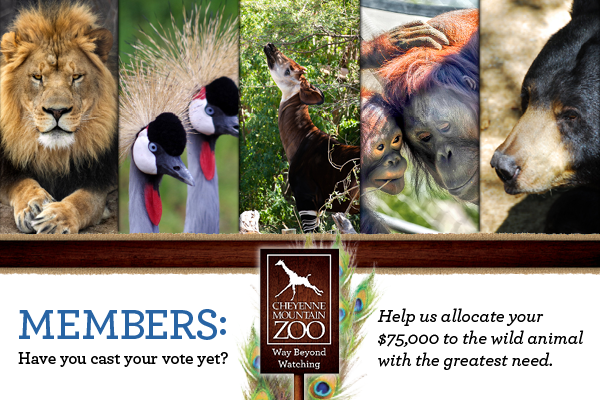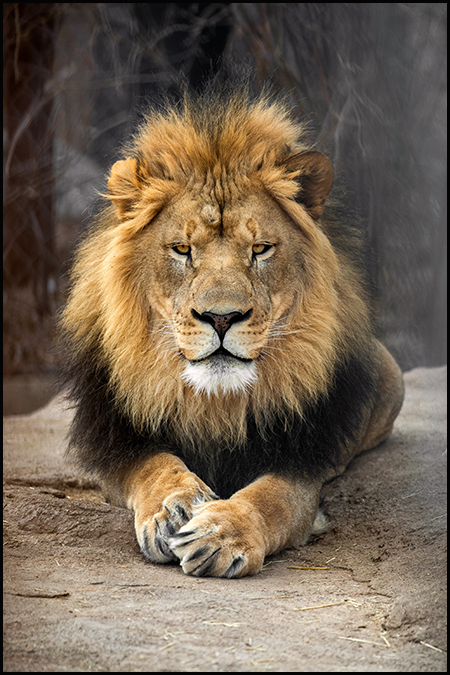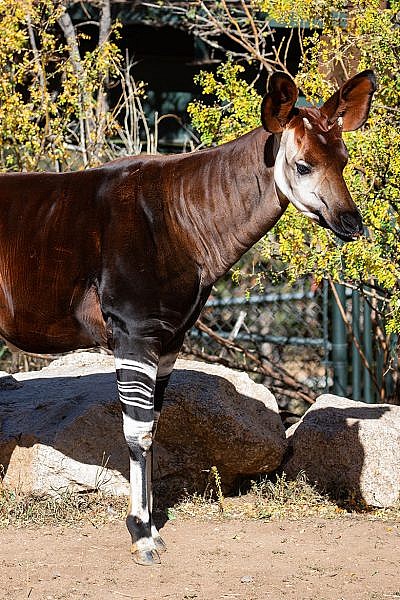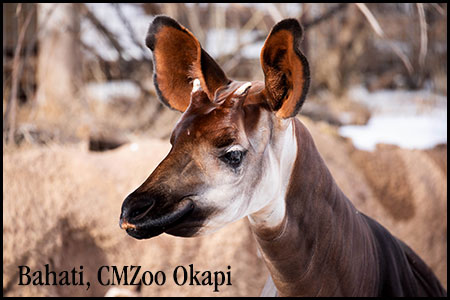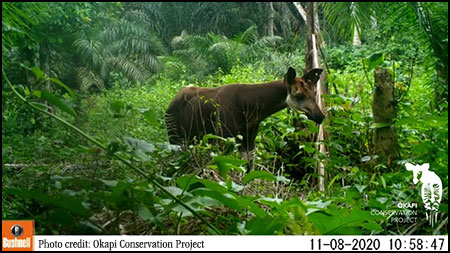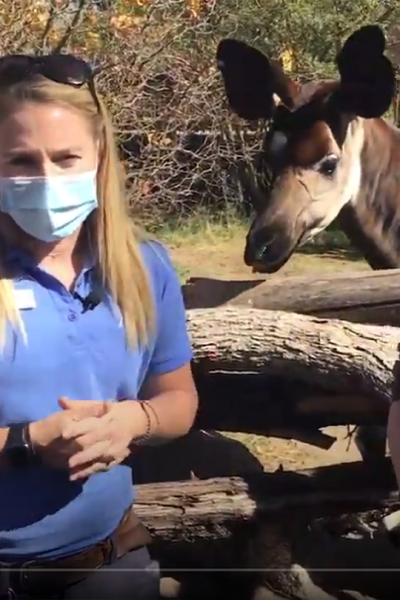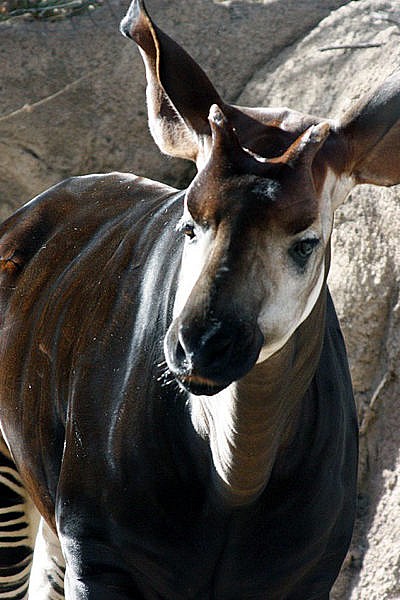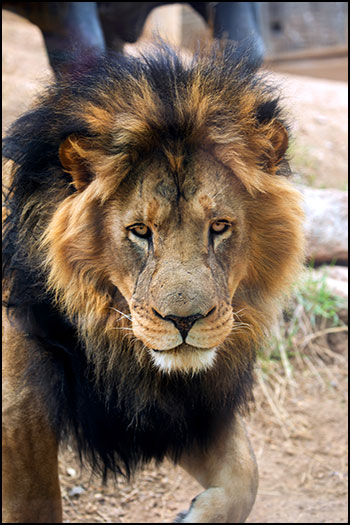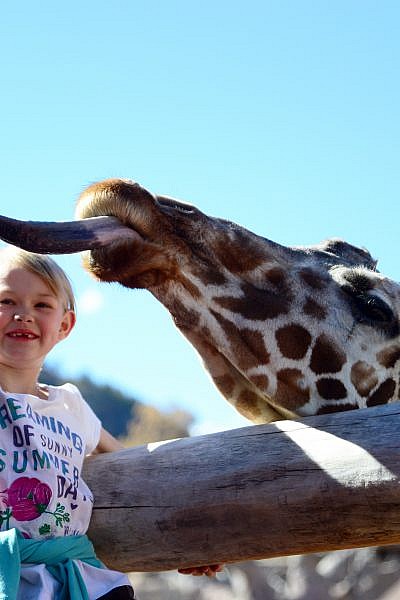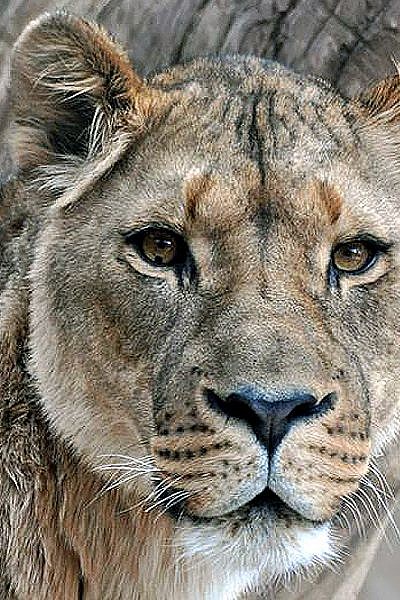Last month, Cheyenne Mountain Zoo members cast their votes to help the Zoo decide how to spend $75,000 of member conservation funds among six conservation projects vying for members’ support. The three projects with the most votes received the full funding they requested. The number of votes received for the remaining three projects helped CMZoo decide how to distribute the remaining funds.

Every membership and every visit to the Zoo is conservation in action. From 2015 to 2024, including this year’s contributions, the program has provided $750,000 of membership revenue to support field conservation worldwide.
“I hope our members recognize what an impact they make for wildlife and wild places through these staff-championed conservation efforts,” Ashley Cioppa, CMZoo membership manager, says. “Our members’ annual investment in their Zoo memberships directly supports animals here in Colorado and all around the world. Plus, they give our staff the opportunity to reach more niche organizations and efforts that support their personal passions. Thank you, members!”
Each year, a total of $100,000 of membership revenue is contributed to conservation in two ways:
- $25,000 to the Quarters for Conservation program, which in total contributes a million dollars on average every 18 months to CMZoo’s legacy conservation partners.
- $75,000 to projects voted for by CMZoo members through this annual vote.
This year’s Member Conservation Vote top-ranked projects to fully fund are:
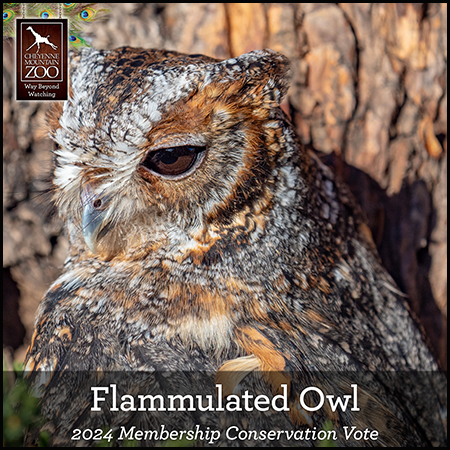
1. Track and protect FLAMMULATED OWLS in Colorado – $4,150
Purchase ten tracking tags that provide researchers with crucial migration data for these tiny owls. Migratory birds are currently facing many threats such as pollution, pesticides, habitat loss and collisions with human-made structures. The installation of two Motus towers at CMZoo and Fountain Creek Nature Center last year allows researchers the ability to track hundreds of local bird species in efforts to protect them. As a continuation of this project, a local researcher will utilize these towers to track ten flammulated owls, a species that lives right here in Colorado Springs, to learn about their migration patterns and use that information to help protect the species.
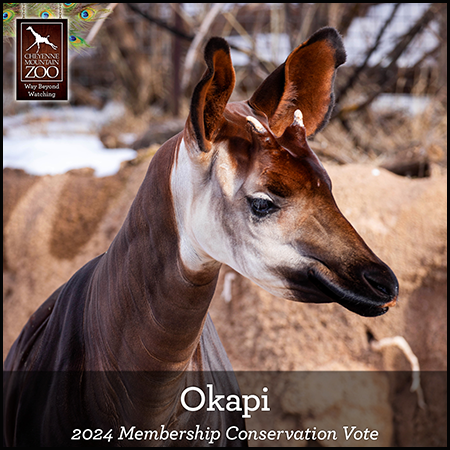
2. Support agroforestry to protect OKAPI habitat – $24,600
Provide farmers in the Democratic Republic of the Congo with sustainable agricultural resources. Okapi populations are facing a major threat of habit loss due to slash-and-burn agriculture and human settlement. In a continued partnership, the Okapi Conservation Project (OCP) will use these funds to provide farmers with tools, seeds, land plots and the education necessary to build and maintain sustainable agriculture and reforestation practices. In doing so, the local communities are empowered to produce their food sustainably and reduce their dependence on mining and poaching – leading to the long-term protection of okapi.
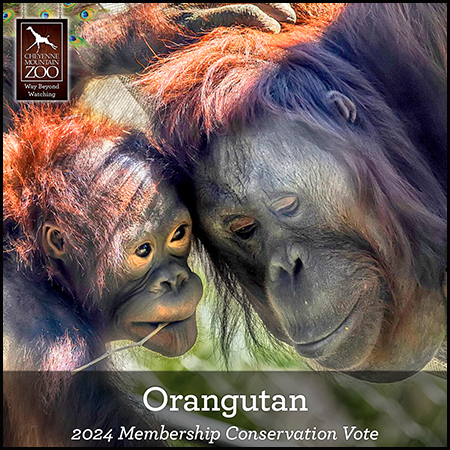
3. Help build a new island home for ORANGUTANS in Borneo – $17,642
Help provide the materials to construct a new, forested island home for non-releasable orangutans in Southeast Asia. Borneo Orangutan Survival (BOS) Foundation is an established organization that rescues, rehabilitates and releases orangutans back into their natural habitat. Unfortunately, a small percent of orangutans come to BOS with injuries, illnesses or other conditions that prevent them from being released into the wild safely. BOS houses and cares for them for the rest of their lives. Member funds will help provide the construction materials for a new orangutan island that will create a spacious and enriching forever home for three non-releasable orangutans currently residing with BOS.
With the remaining funds, CMZoo has decided to partially fund:
Protect PANCAKE TORTOISES through community conservation in Kenya
Conduct community awareness training and research to protect critically endangered tortoises and their habitat. Wild turtle and tortoise species are in the midst of a worldwide extinction crisis. The African pancake tortoise faces severe threats, not only from grassland habitat destruction used for farming, but also an additional threat of poaching for the pet trade. In a continued partnership, the Turtle Survival Alliance will protect and develop research strategies for a newly found pancake tortoise population, as well as establish additional awareness for the local communities surrounding this tortoise population.
Expand AFRICAN PENGUIN chick rearing capacity
Provide construction materials and equipment to rear penguin chicks. African penguins, found mainly in South Africa and Namibia, are facing threats from overfishing and climate change, which often results in penguin parents abandoning their chicks. Due to an exponential increase in egg and chick abandonment, the Southern African Foundation for the Conservation of Coastal Birds (SANCCOB) is looking to expand their chick-rearing facility through our ongoing partnership. This expansion will double their capacity of penguin chicks and eggs that they can rescue, rehabilitate, and release each year.
Support kids’ education camps to help protect AFRICAN LIONS
Help protect large carnivores by empowering a new generation in Kenya. Human-wildlife conflicts can occur between farmers and predators, such as lions, that may threaten local livestock. The education programs that Ewaso Lions will implement through this ongoing partnership will help to shift the attitude towards predators and allow Kenyan communities to more easily and efficiently coexist with wild carnivores by reducing the frequency of potential human-wildlife conflicts.
For more information about how to become a CMZoo member, and the many benefits that memberships provide, visit cmzoo.org/membership.
